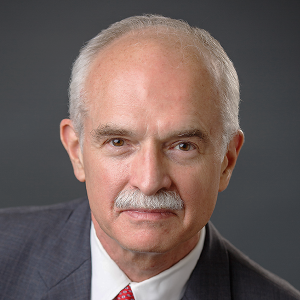Many of the sciences (including economics) have been dominated by a naturalist worldview that generally assumes that the universe and life are purposeless and that mankind is simply a more complex, material version of everything else in the natural world. The renowned scholar and author C. S. Lewis offers an important link with the work of economists who have seen scholars’ embrace of positivism and scientism as contrary to the development of knowledge regarding human action. In examining naturalism, Lewis shows that material “facts” alone cannot provide any conclusions without some independent basis to evaluate such data. He claims that the analysis of any world requires the existence of scientists whose views are not mechanically determined by the world they are examining. In so doing, Lewis clearly understands that reason, free will, and individual choice are not illusions; they are intrinsic and objective truths—nonnegotiable presuppositions—upon which human inquiry and economic science rest. Such understanding necessitates a theistic dualism of both a material and immaterial, natural and supernatural, physical and metaphysical reality.
Economic Science and the Poverty of Naturalism
C. S. Lewis’s “Argument from Reason”
Also published in Journal of Private Enterprise Fri. July 25, 2008
David J. Theroux (1949–2022) was the Founder, President and Chief Executive Officer of the Independent Institute.
Civil Liberties and Human RightsCulture and SocietyEconomyEducationFree Market EconomicsFreedomGovernment and PoliticsLaw and LibertyPhilosophy and ReligionPolitical TheoryPublic ChoiceRegulationScience and Public Policy
Comments
Before posting, please read our Comment Policy.







